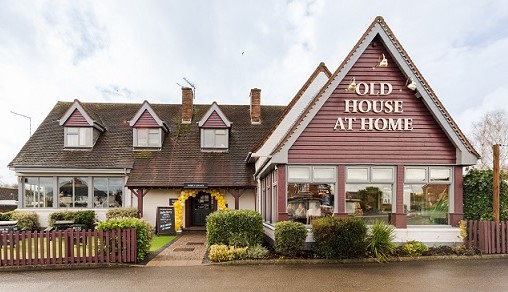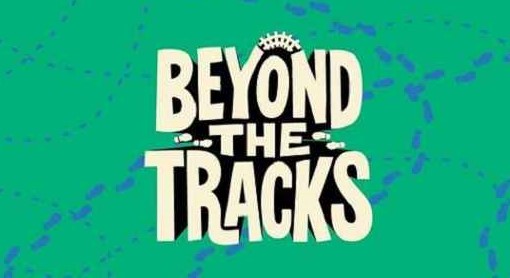In response to the biggest threat to heritage in decades, The National Lottery Heritage Fund has awarded £11.5m to 235 organisations in the Midlands & East of England. The funding will aid the preservation and safeguarding of the area’s heritage in the face of the coronavirus (COVID-19) crisis
The Heritage Emergency Fund was set up at speed in late April in recognition of the fact that the UK’s heritage would need significant help to survive the impact of the COVID-19 epidemic. Since then 234 grants have been awarded across the Midlands & East of England to cover costs including core staff, essential maintenance and utility costs and safe reopening, saving swathes of organisations from permanent closure. The fund closed at the end of July, with final grants awarded last week.
Anne Jenkins, Director, England, Midlands & East at The National Lottery Heritage Fund, said: “Heritage across the Midlands & East has faced a challenge like no other seen before in COVID-19 pandemic. As a funder, we knew that those dedicated to safeguarding and preserving our treasured heritage would need substantial support, and we worked extremely hard and against the clock to refocus our funding programme and get grants out the door. We are really proud that our funding has been able to support such a diverse portfolio of organisations and groups to weather the crisis and continue their work at this difficult time. Sadly, we cannot save everyone and we know challenges still exist for many and that obstacles still lie ahead, we are grateful that thanks to National Lottery players we have been able to support so many.”
Grants were awarded across the full breadth of heritage, from historic sites, industrial and maritime heritage, museums, libraries and archives to parks and gardens and landscapes and nature. They also went to charities supporting vulnerable and marginalised communities, and organisations exploring and supporting the UK’s cultural heritage.
Many green spaces such as nature reserves and parks stayed open during lockdown and grants were used to help keep wardens working, care for livestock and native species, maintain paths and landscapes and deal with litter. Funding was also used to help many museums and historic houses to care for their collections and buildings while they were closed, as well as enable a number of them to safely reopen as restrictions lifted.
The highest proportion of Heritage Emergency Fund grants in the Midlands & East went towards supporting organisations that manage historic buildings and monuments (28%), followed by groups who explore our culture and memories (23%), and those who care for our museums, libraries and archives (20%).
Examples of heritage in the Midlands and East of England which might have been lost without grants include:
- The much-loved Wicksteed Park in Kettering was granted £247,000 following the limited company that ran the site went into administration. The funding is being used to continue to support free access to the park and for costs including those to look after its animal attractions, including zoolab and the aviary.
- The Polish Expats Association was awarded £30,000 to adapt their services to continue supporting their increasingly vulnerable community. Funds will also go towards helping them re-open their building, which is home to valuable Eastern European cultural items and artwork.
- One of the oldest purpose-built cinemas in the UK, Harwich Electric Palace, were able to purchase PPE and other equipment for a safe re-opening, as well as undertaking business and sustainability planning, thanks to a grant of £11,300.
- Whittington Castle in Shropshire was awarded £52,400 for recovery and reopening costs, ensuring that the Grade I listed treasure would not face permanent closure.
- Wildlife Trusts across the Midlands & East, from Herefordshire to Suffolk were granted funding in order to continue their important work in safeguarding the nature and wildlife of the area.
The National Lottery Heritage Fund continues to offer support for heritage organisations across the UK affected by the crisis, through continued support for 2,500 projects where funding of £1.1bn is already committed, and an additional £1.2m investment in the Digital Skills for Heritage initiative to help the sector through the crisis and beyond, producing guides and delivering webinars to support organisations pivoting to digital – many for the first time.
















